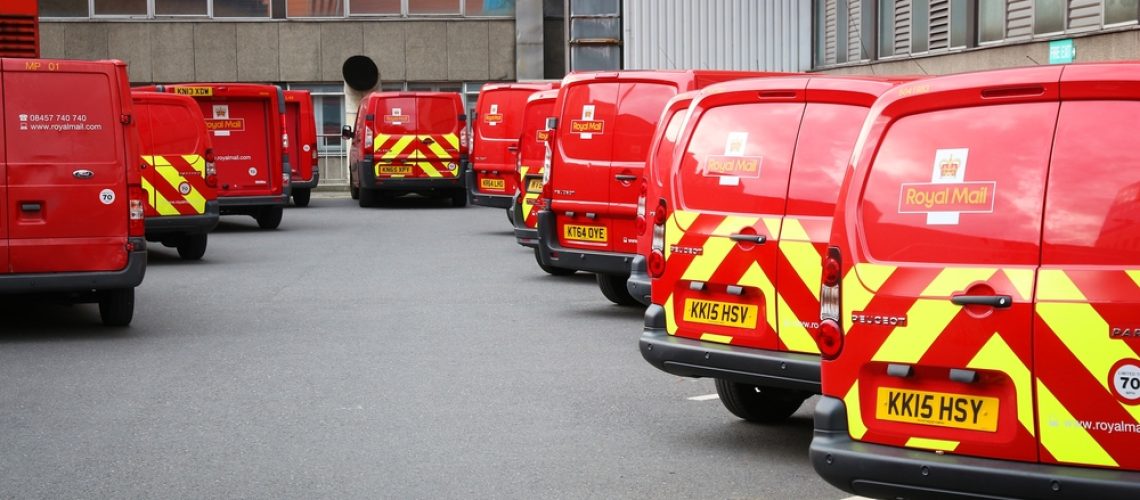Royal Mail has attempted to use gig workers hired via the platform Ryde to provide cover for their striking staff – but according to one such worker they weren’t told anything about the industrial action. Bryn Atkinson said:
“Today I could have done other work, but I’ve been hired through the Ryde app that says they put riders first. I didn’t realise the post workers are on strike, they told me it’s for driver cover around the holiday periods. I’ve used the last of my fuel, and planned this money [from today’s shift] for rent next week which I need. I’ve come down and seen the picket lines, I’ve gone to the office and asked about it. The guy looked at me smugly and said ‘yeah don’t worry, we’ve got you’. So I’ve cancelled my shifts as I’m not going to cross the picket line.”
The CWU organised the strike and posted a tweet stating: “Royal Mail Group are using ‘Ryde’ app to recruit couriers to break the strikes tomorrow and Thursday. Do you think now is a good time to reveal we have hundreds of people signed up for shifts tomorrow and none of them will be turning up?”
Legally there is nothing to stop Royal Mail bringing in gig workers to cover the strikes, however we argue that best practice would have been for the workers to be informed in advance so they could decide whether to accept the work or not.
Legislation changed earlier this year which now allows businesses to use temporary workers to cover strikes, and which we discussed on a recent HR Grapevine podcast. It is wrong not to forewarn people in advance that they are entering a conflict situation and may need to cross a picket line in order to do their work.
Further industrial action is planned with around 1,400 Royal Mail staff planned to walk out for two days in just over a week, plus CWU supply chain members will begin a two-week overtime ban from now until Christmas Eve.
According to the CWU, hard-working staff have been battling most of this year to win a fair pay rise and remain angry at the employer’s decision to freeze pay for the 2021/22 period and offer an inadequate 5 per cent increase for 2022/23. Despite it being higher than the 3 per cent previously offered, it remains far, far below current inflation levels and this is despite the organisation posting profits of £74 million over the past two financial years.









